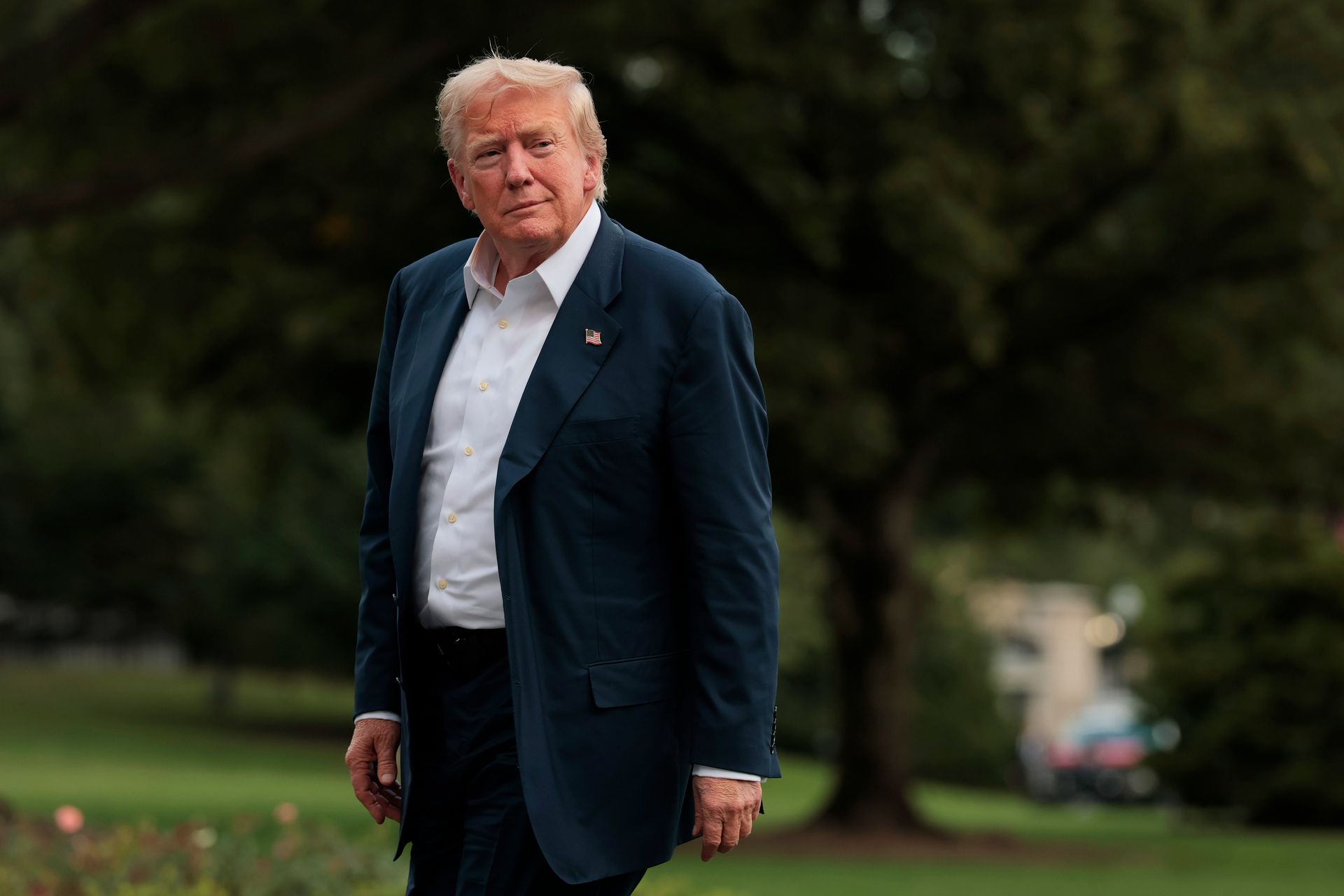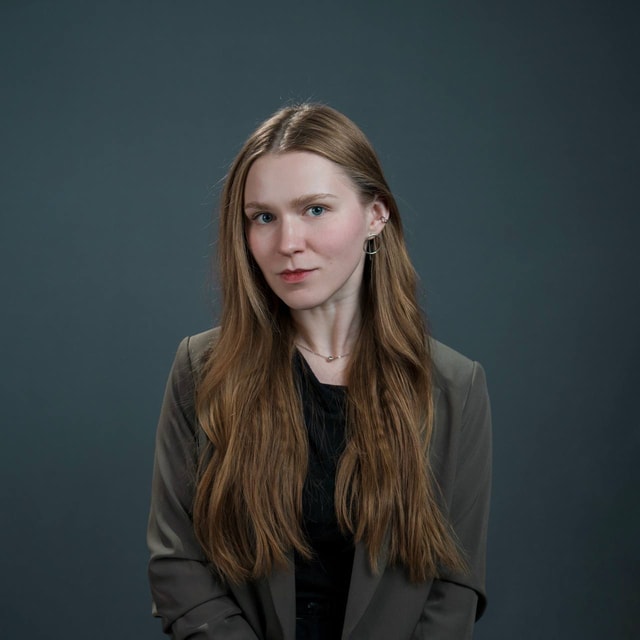Over 70% of Ukrainians reject Russian peace plan, support for US proposal remains divisive, poll shows

Around 76% of Ukrainians strongly oppose the Russian peace plan to end the full-scale war, while support for the Ukraine-EU plan has grown, according to a new poll by the Kyiv International Institute of Sociology (KIIS) published on Aug. 7.
The news comes as U.S. President Donald Trump is planning to meet with his Russian counterpart Vladimir Putin in an effort to mediate a ceasefire in Ukraine. President Volodymyr Zelensky confirmed discussions about both a bilateral and trilateral summit among the leaders as part of efforts to end the war.
Since May, there has been a trend toward a gradual increase in the number of Ukrainians who are willing, albeit often reluctantly, to support each of the proposed peace plans, the poll showed.
However, the Russian conditional plan is still rejected by the vast majority, and the U.S. plan continues to face more opposition than support, the KIIS said.
In May, 82% of Ukrainians firmly rejected the Russian peace plan, while only 10% were willing to accept its terms. That number has since risen to 17%, according to the poll.
This alleged proposal includes Ukraine permanently abandoning its bid to join NATO, granting Russia full control over four partially occupied Ukrainian regions and officially recognizing them as part of Russia.
A recent poll shows that 39% of respondents would accept a U.S.-backed plan in which Russia keeps control of occupied territories, Crimea is officially recognized as Russian, and all sanctions are lifted. This marks a 10-point increase since May, though many view the plan as difficult to accept.
"As in May 2025, the only plan that can be the subject of discussions and approval by the Ukrainian public is a joint plan from Europe and Ukraine," the KIIS said.
Support for this plan has risen from 51% to 54%. It offers Ukraine security guarantees and a path to EU membership, while Russia retains occupied territories without official recognition. U.S. sanctions would be eased gradually after peace is established.
The survey used a representative sample of around 1,022 adults from all regions of Ukraine except for areas under Russian occupation.












